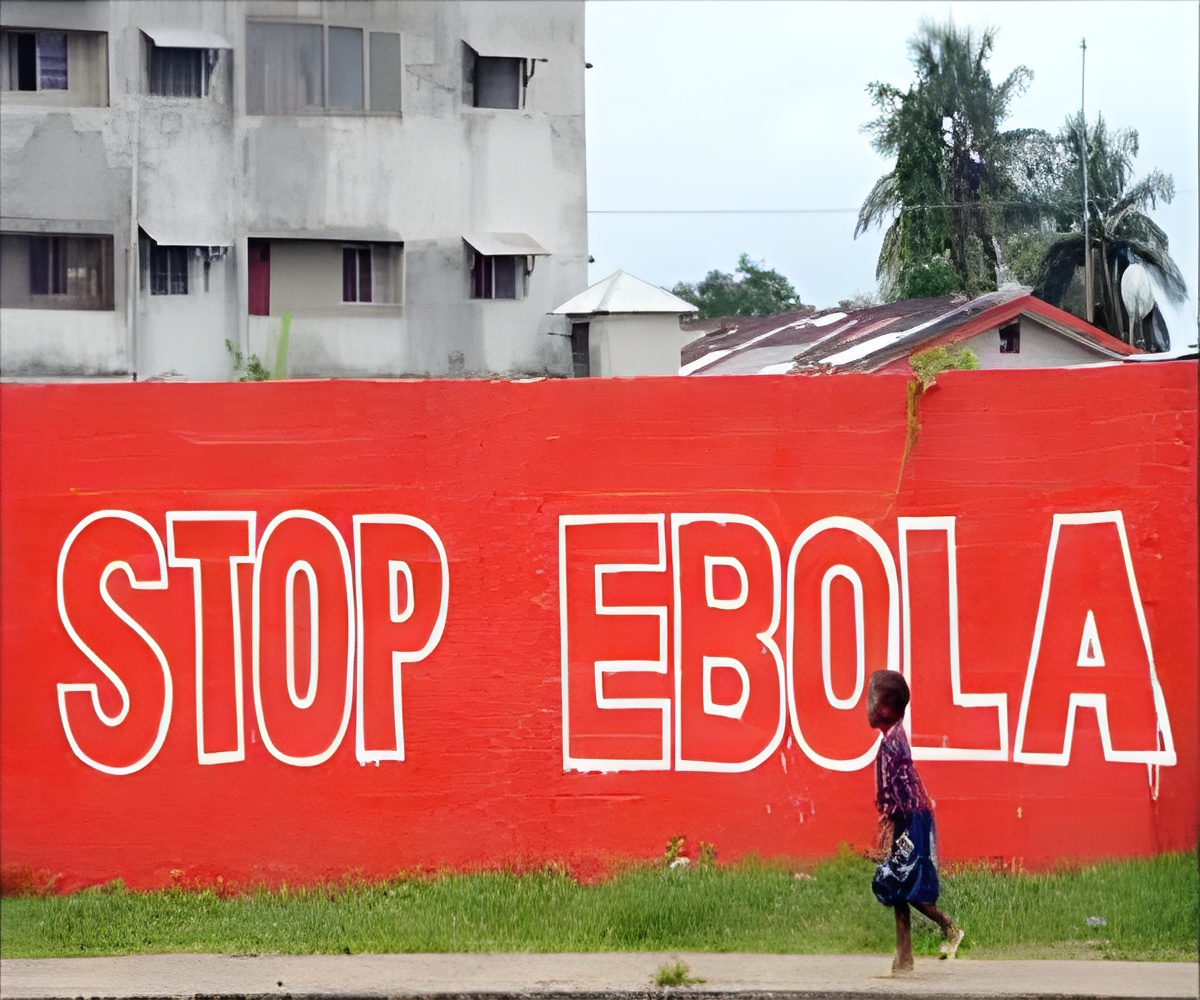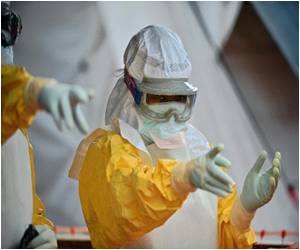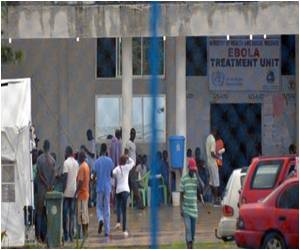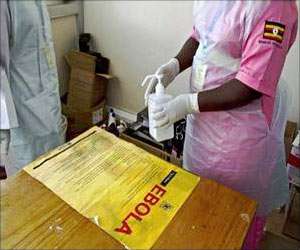
The expanded budget would among other things help provide protection services to many of the estimated 10,000 children who have lost one or both parents to the deadly disease, Unicef spokeswoman Sarah Crowe said.
"This is about restoring family links, retracing, reuniting children with extended family," she told reporters in Geneva.
Nearly 6,550 people have died in the outbreak centred in Guinea, Liberia and Sierra Leone, from a virus that is taking a devastating toll on children.
Crowe said the additional funds would also help Unicef, when needed, to take children who have been in contact with Ebola patients to interim care centres for monitoring during the virus's 21-day incubation period.
The funds will also allow the agency to help tackle the two major drivers of Ebola, lack of early isolation of patients and unsafe burials, she said.
Advertisement
The additional funds would also allow Unicef to help strengthen health care systems which were already poor before Ebola began its murderous rampage through the impoverished countries nearly a year ago.
Advertisement
The Ebola outbreak has also hiked the need for food assistance in the hard-hit countries, with the World Food Programme saying Friday it had helped feed more than two million people since April.
"For November alone, WFP dispatched more than 10,000 metric tonnes of food for more than half a million people across the three countries," spokeswoman Elisabeth Byrs told reporters.
Source-AFP











